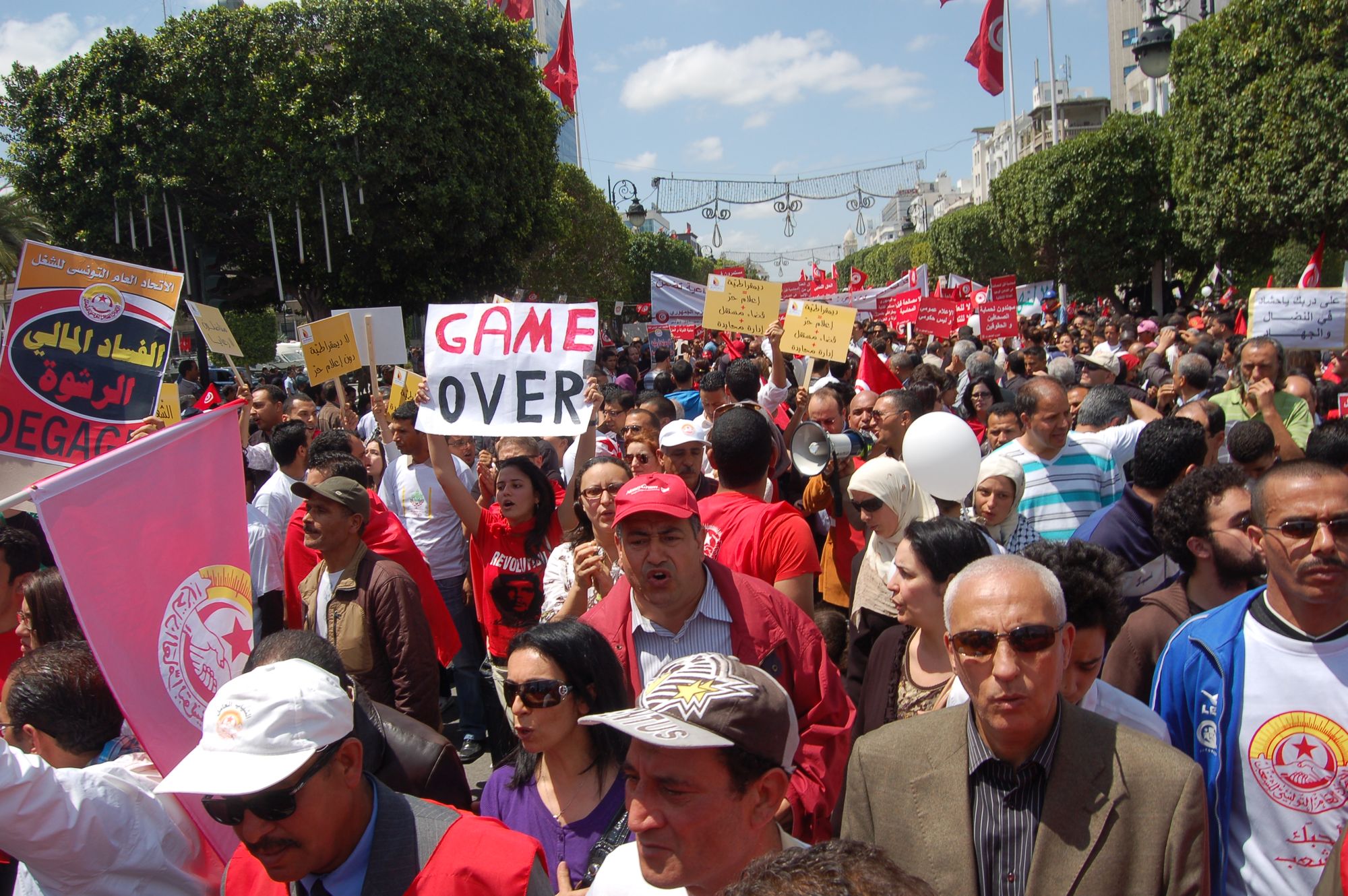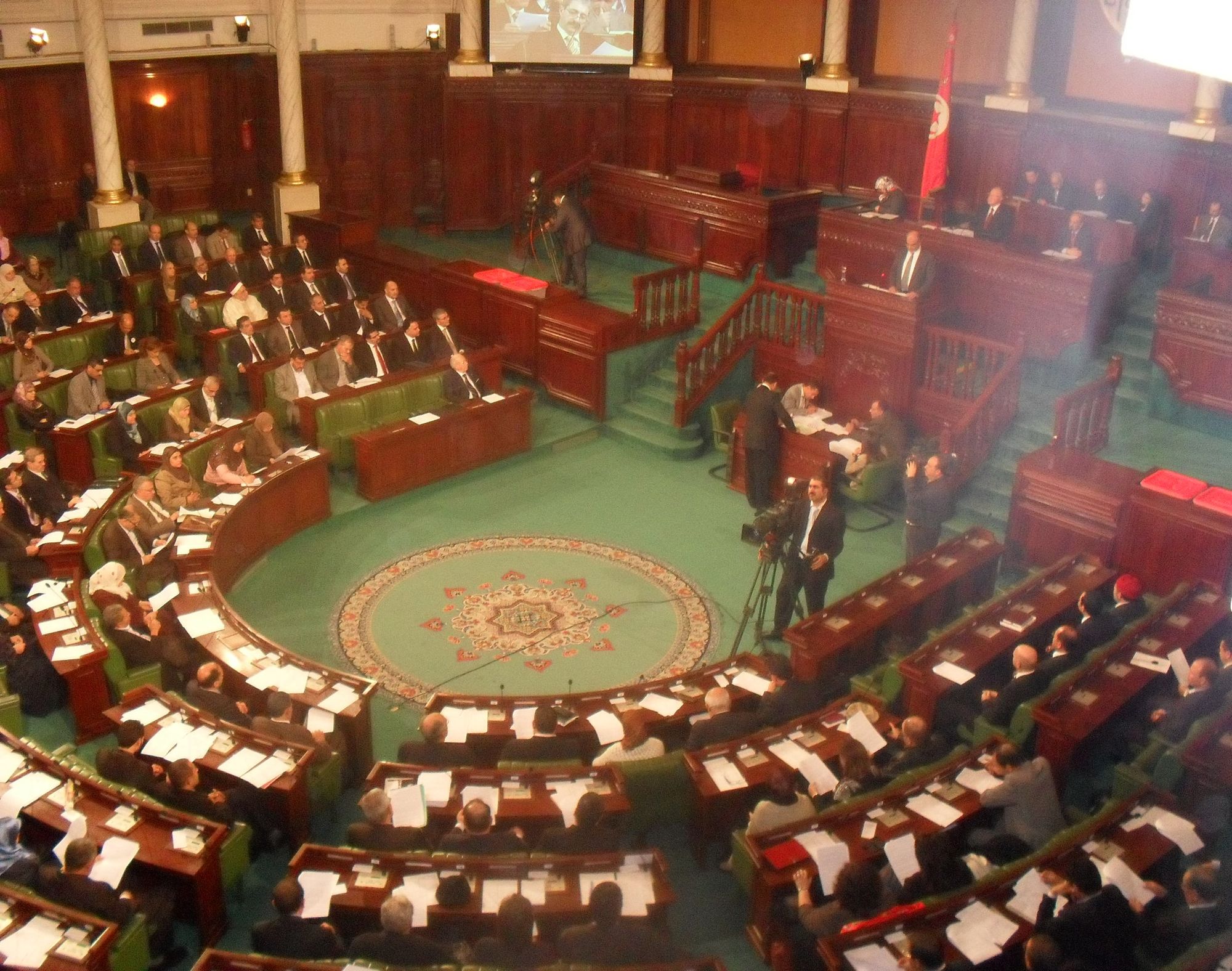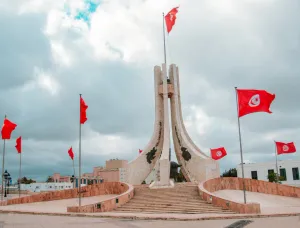One way to look at democracy is as the taming of struggles for power. Whereas violent conflict defines most means of acquiring political power, democracy is that form of government in which factions compete non-violently for popular mandates to rule.
This works because of the incentive structures that democracies generate. Power is not secure, and neither is a lack of power. You may be in opposition today but in power next year, and vice versa. If you’re in power, it’s usually best to avoid antagonizing opposition, because you don’t know what they might do when the tables turn. Similarly, opposition has incentives to be respectful of those in power, lest they resist a peaceful transfer when the time comes. Many more examples abound, but the short of it is that when settled, the institutions of democracy act as constraints, generating some reciprocity which in turn helps maintain the institutions.
But such a state of being is not a given once achieved. Disorder perpetually lurks beneath the surface. All that needs to happen is the defection of enough actors from the system such that the institutional constraints are broken. When crises hit, incentives to defect shoot up. Extraordinary circumstances can invite attempts to circumvent the institutions and the reciprocity it constructs. Democracy can collapse.
This is the story in the small North African country of Tunisia. Spectacles has twice covered the current process of democratic collapse underway in the country which began in late July. With the apparent support of the dissatisfied Tunisian public, President Kais Saied dissolved the parliament first for a month, then indefinitely. Just days ago, he appointed a political novice to be his prime minister: a position now stripped of all meaningful authority. His appointment of a woman to the role seems a barely concealed ploy to appease Europe and the United States with the illusion of progressivism.
Mr. Saied’s main pretext for the assumption of extraordinary power was an upswell of popular dissatisfaction with the Tunisian Parliament and the country’s largest political party, Ennahda. He could not, however, have achieved power without the acquiescence of other key political actors.
Sami Hamdi, an analyst of Middle East-North African politics and the director of the International Interest consulting group, asserts that two key groups—Tunisian trade unions and a handful of political parties dissatisfied with the failing status quo—lent Mr. Saied some semblance of support. The trade unions, according to Mr. Hamdi, “want a repeat of 2013, in which after popular protests the government was overthrown and the trade unions stepped in and led a national dialogue and were able to dictate who should be in government.” Similarly, the dissatisfied political parties, which had been unable to cobble together majorities, wanted Mr. Saied to “suspend Parliament, eliminate Ennahda, dissolve that party, and then hand over an Ennahda-less Parliament back to them.”
Although the trade unions and political parties are not fully aligned in their goals, the same operative logic seems to be at work for both. In the face of a historic crisis and political logjam, both groups perceived value in handing over the reins to a single actor, Mr. Saied. The hope was that he would eliminate those factions seen as obstacles to progress and then hand the reins back. While both factions made clear their desire for Mr. Saied to map out a future for Tunisia’s democracy and to respect human rights, the problem is simply that once the democratic procedures which facilitate reciprocity are abandoned, they are not easily recovered. Mr. Saied’s cautious supporters struck a deal with the devil and are now paying the price.
Today, that handful of political parties and Tunisia’ largest trade union have denounced Mr. Saied as illegitimate. Some political parties are banding together to form an opposition front, although as Mr. Hamdi notes, their goal is not the ousting of Mr. Saied but some kind of dialogue. But it might be too late. Mr. Saied has announced that he will rule by decree. There is no map to a national dialogue, nor any real prospect of new parliamentary elections.
Tunisia demonstrates the grave risks of discarding democratic procedure and reciprocity, even if the letter of democratic law is itself an obstacle to resolving a national crisis. When a democracy is failing miserably to meet the challenges of the day, it’s hard to say where else it can turn than an attempt to step outside the constraining institutions to mend itself. More often than not, though, circumventing those institutions which generate reciprocity is as much a death knell as a slow decline.
Subscribe to SpectaclesDon't miss out on the discussion between Harry and Philip accompanying this piece. You can find it above the article. Below you can read or listen to our previous coverage of this Tunisian catastrophe.





Comments
Join the conversation